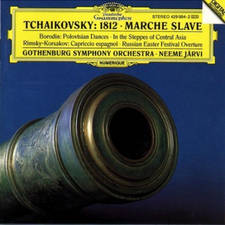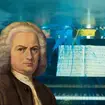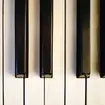Bach - Partitas for keyboard
Published between 1726 and 1730, the Partitas are the last set of harpsichord suites composed by J. S. Bach, but the first of his works to be published under his direction.
In 1726 - probably the earliest date allowed by the enormous demands of J. S. Bach’s official position in Leipzig for new sacred vocal music - the composer began to write a series of keyboard suites, designed to provide useful teaching material for the private students he was beginning to attract.
Bach funded the publication of the first Partita himself, and even engraved the plates with the help of his son Carl Philipp Emanuel. In 1731, the six suites were published together in a volume titled Clavier-Übung - “Keyboard Practice”. In terms of structure, the suites range across a variety of styles and forms. They have a number of different opening styles including an ornamental Overture and a Toccata.
The pieces were well received. Bach’s first biographer wrote “Such excellent compositions for harpsichord had not been seen or heard before, so brilliant, agreeable, expressive and original are they. Anyone who could play them well could make his fortune in the world thereby, and even in our times, a young artist could gain acknowledgement by doing so.”
In keeping with a 19th century tradition that labelled Bach's first set of Suites English and the second French, the Partitas are sometimes referred to as the German Suites. There is, however, nothing particularly German about them!


























